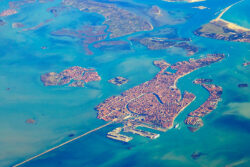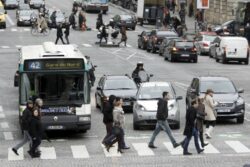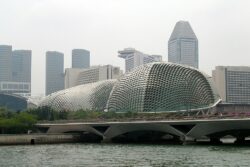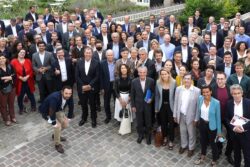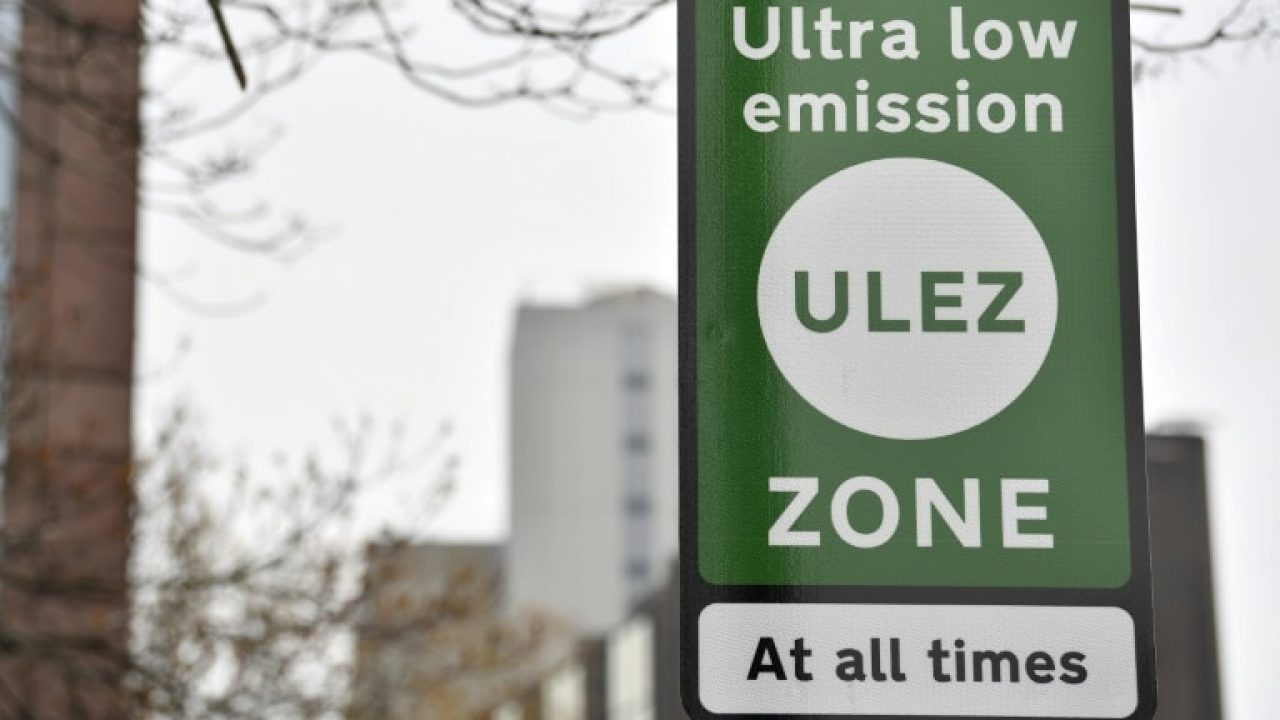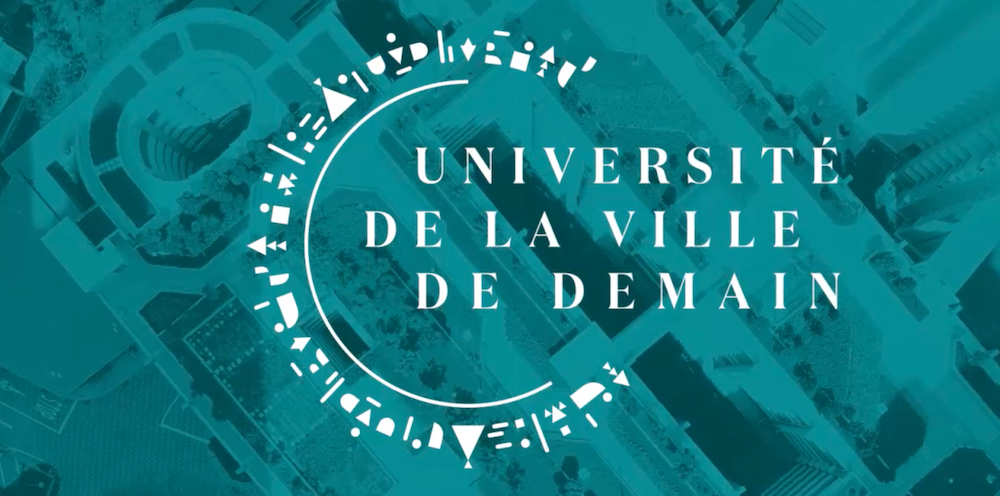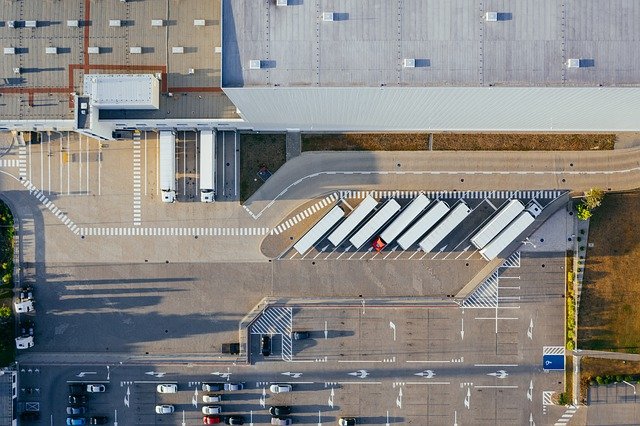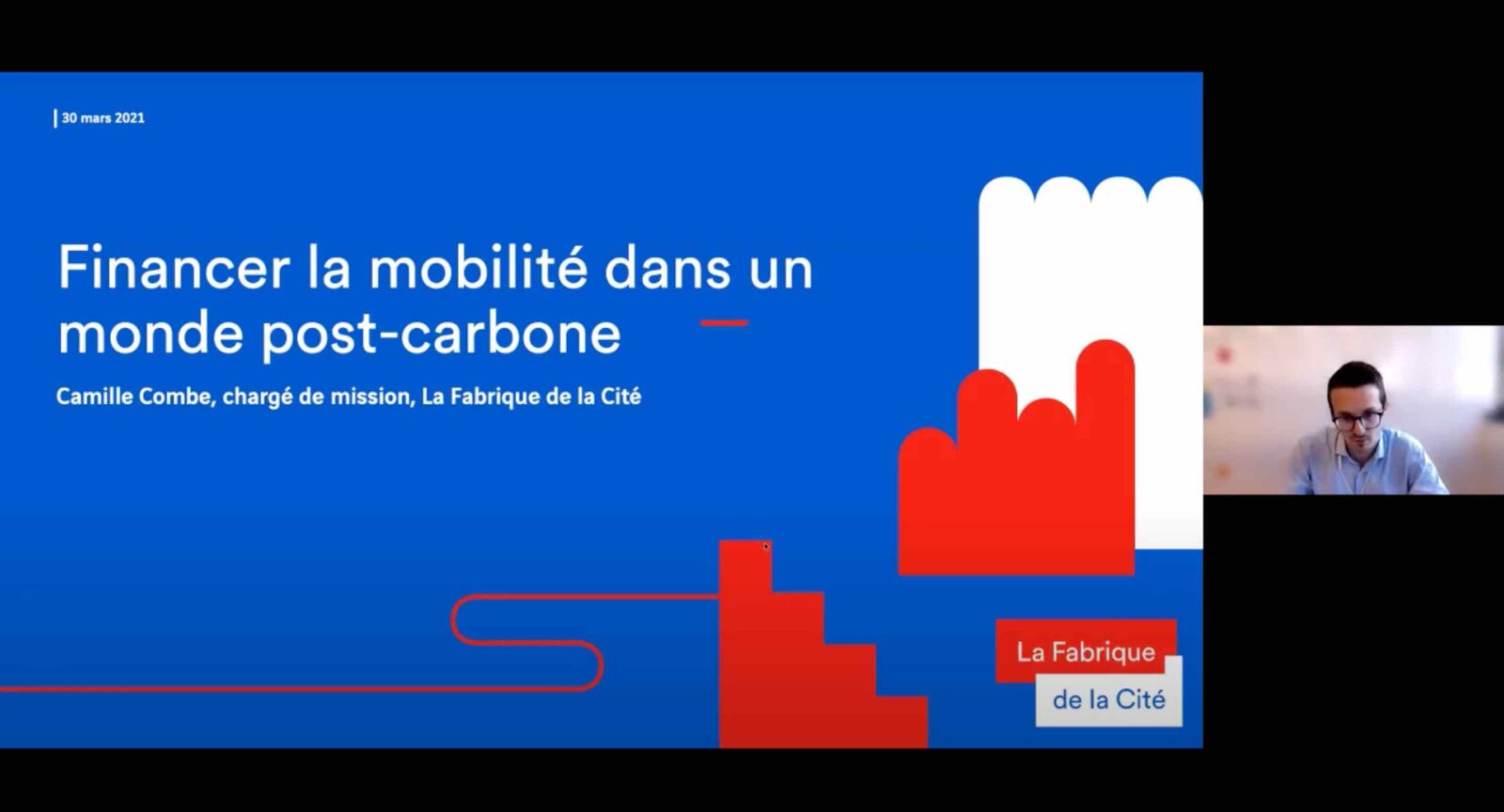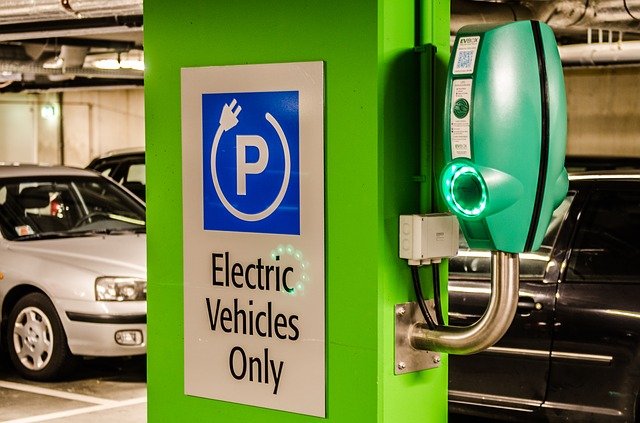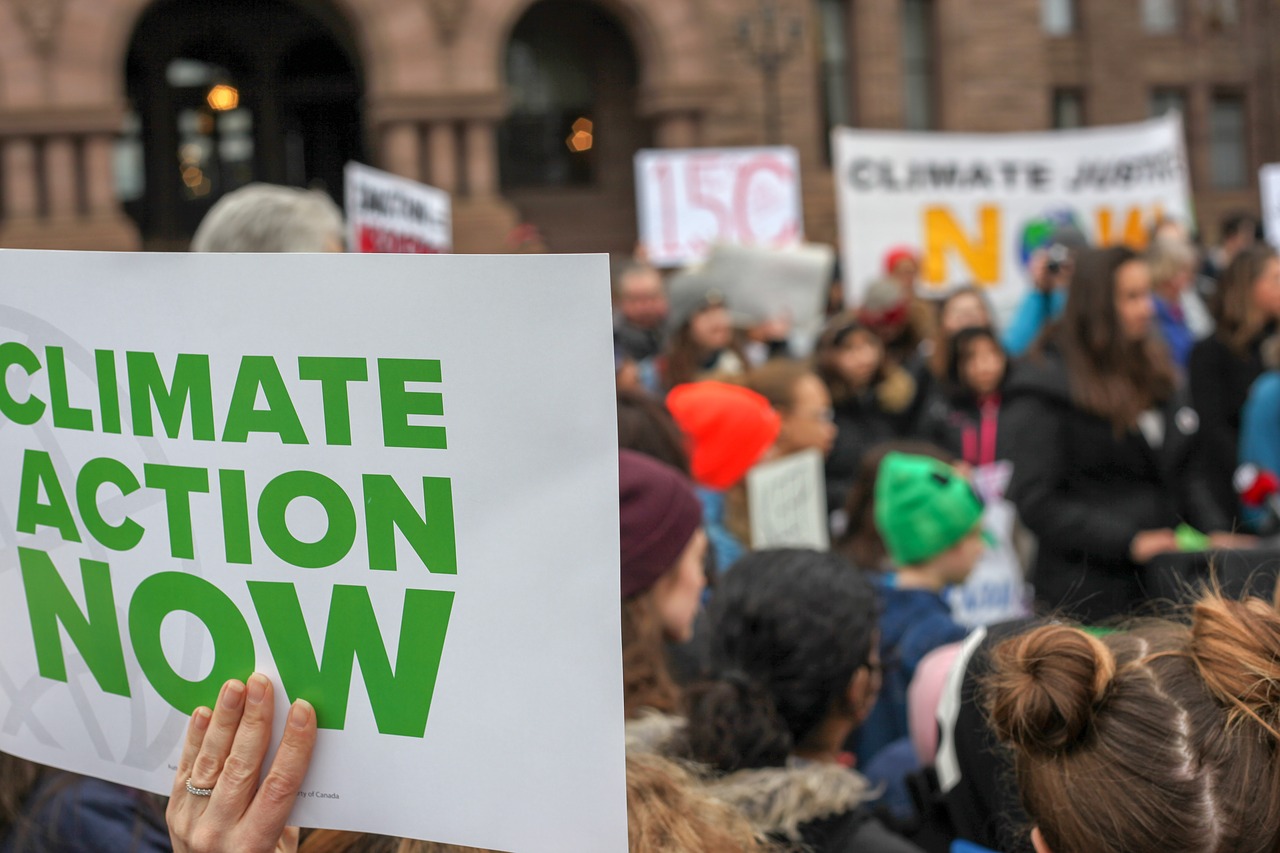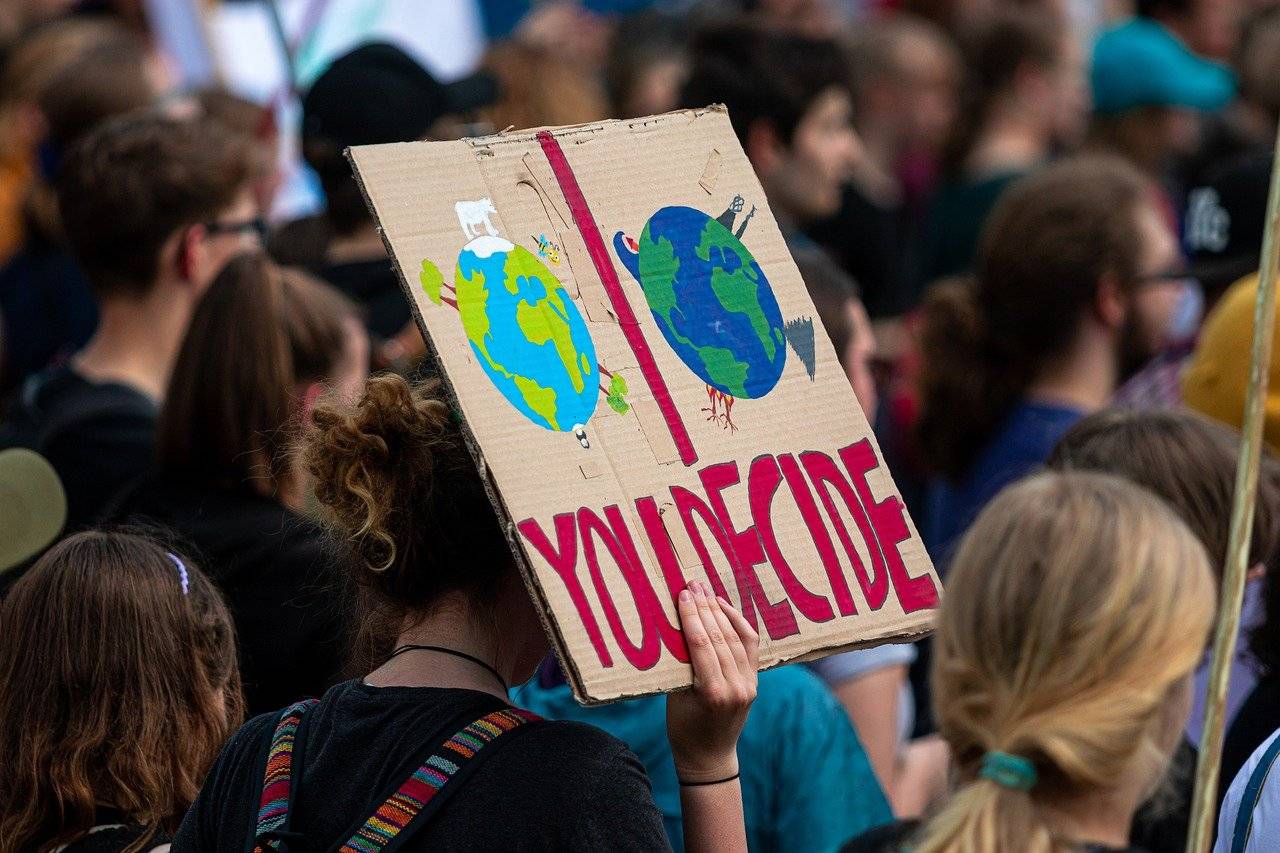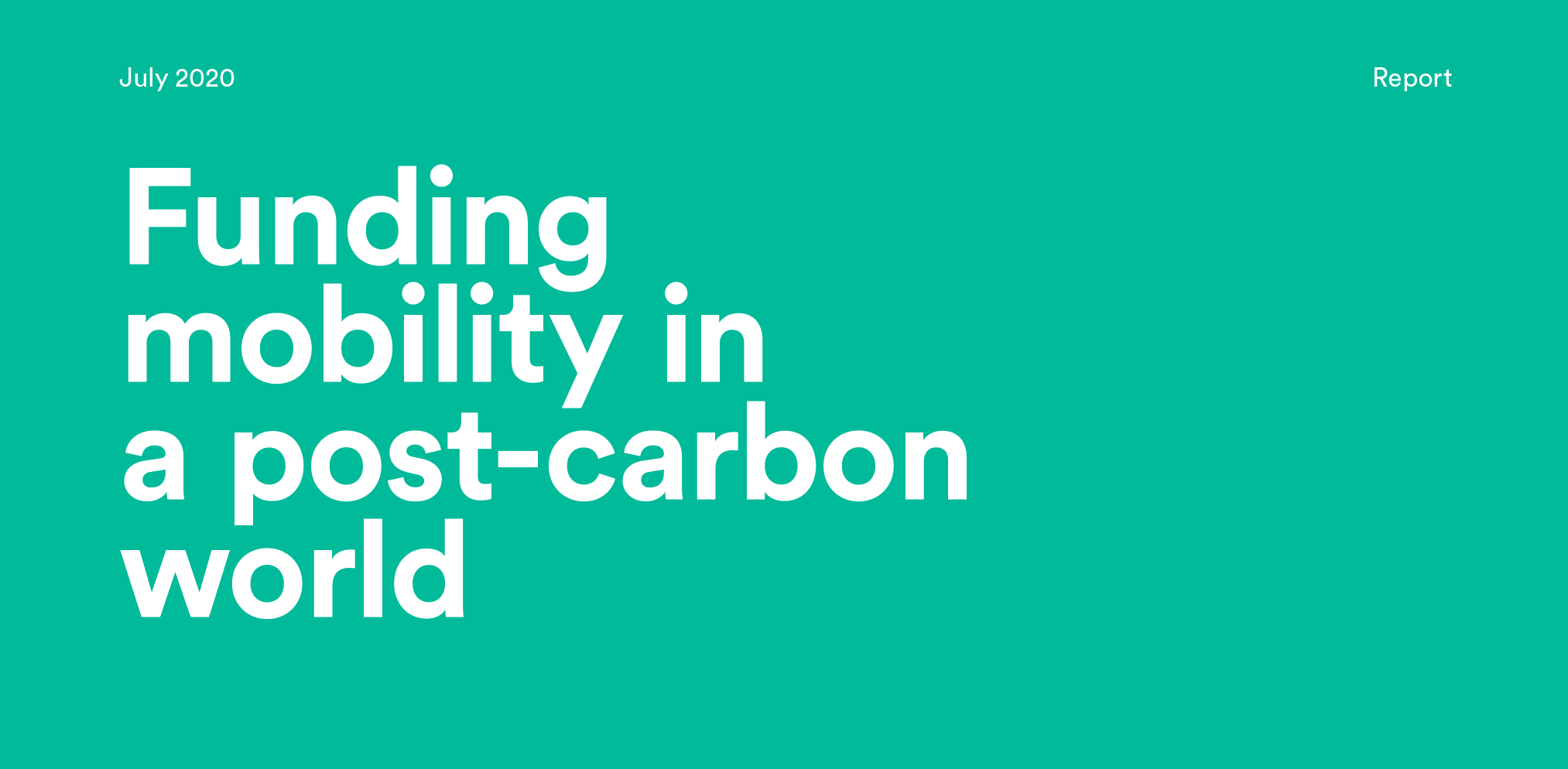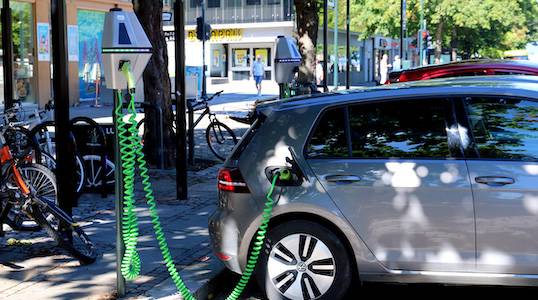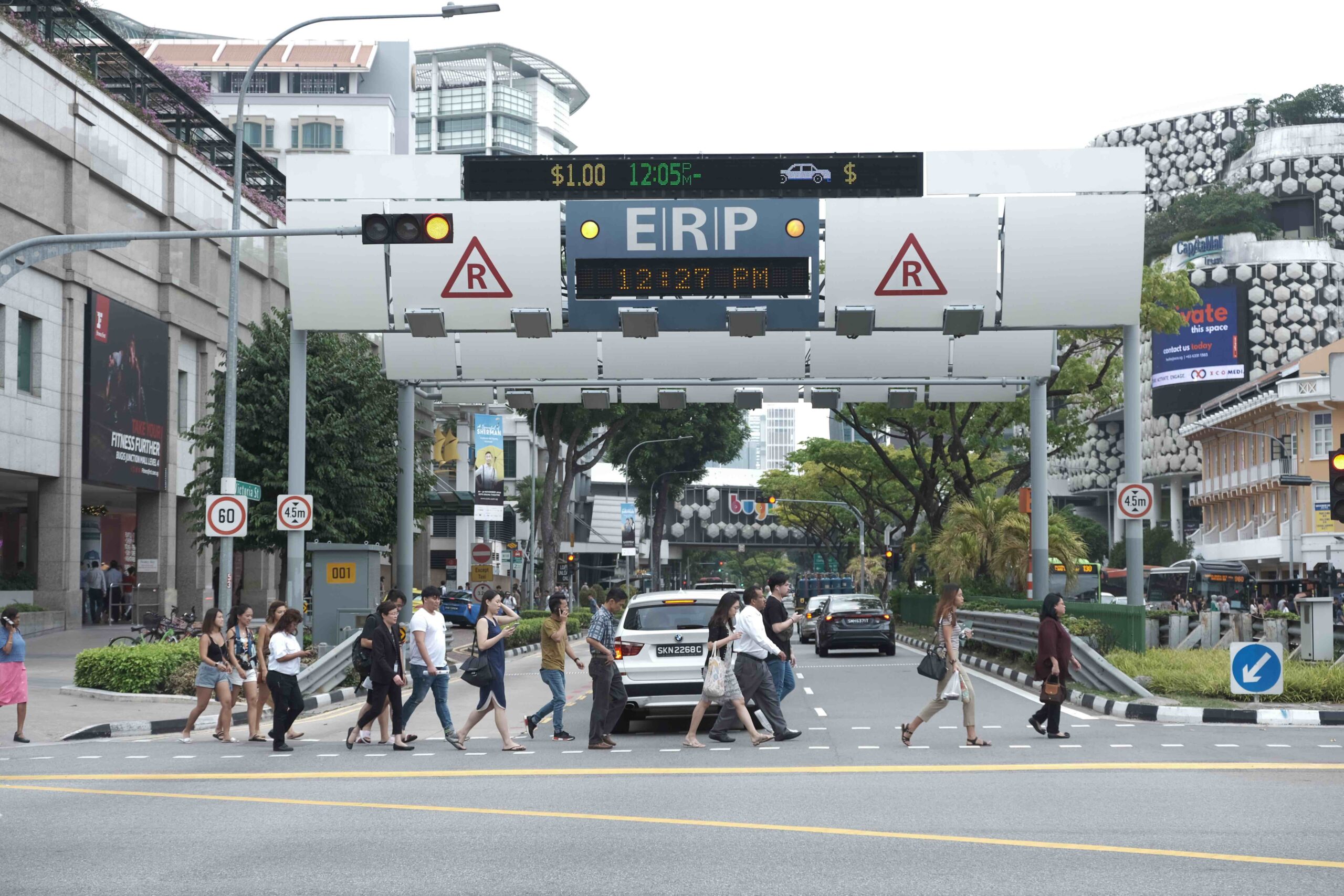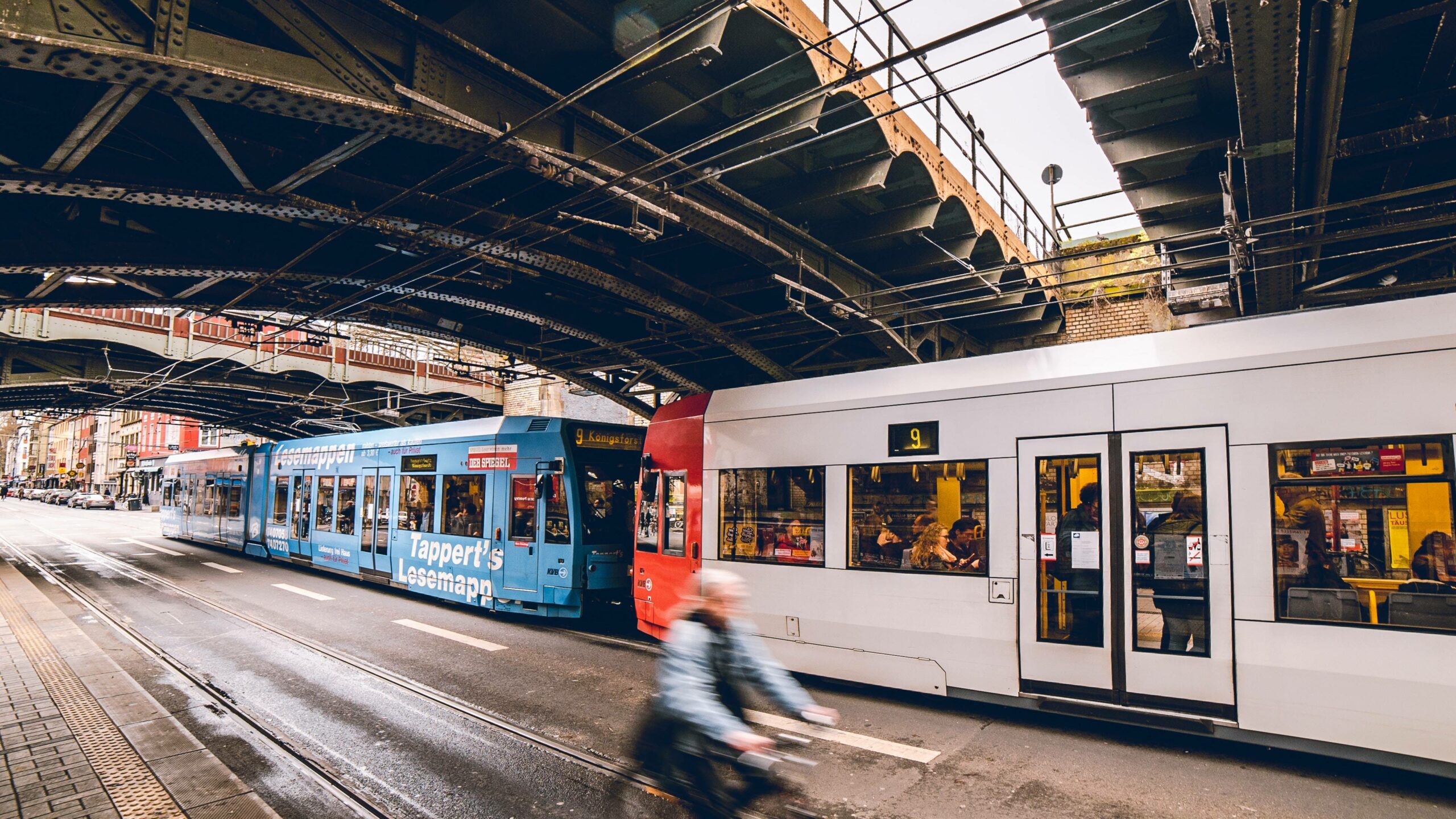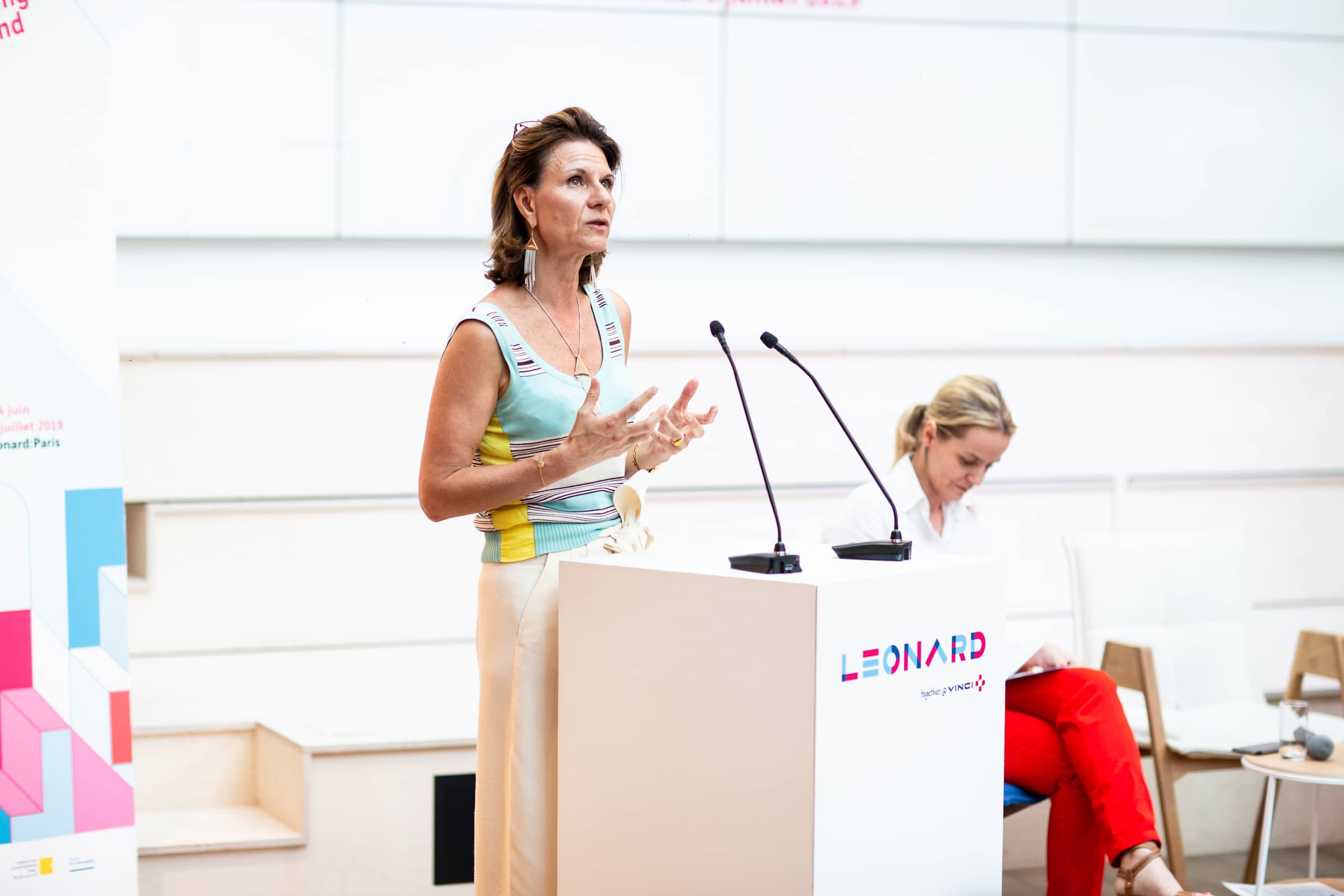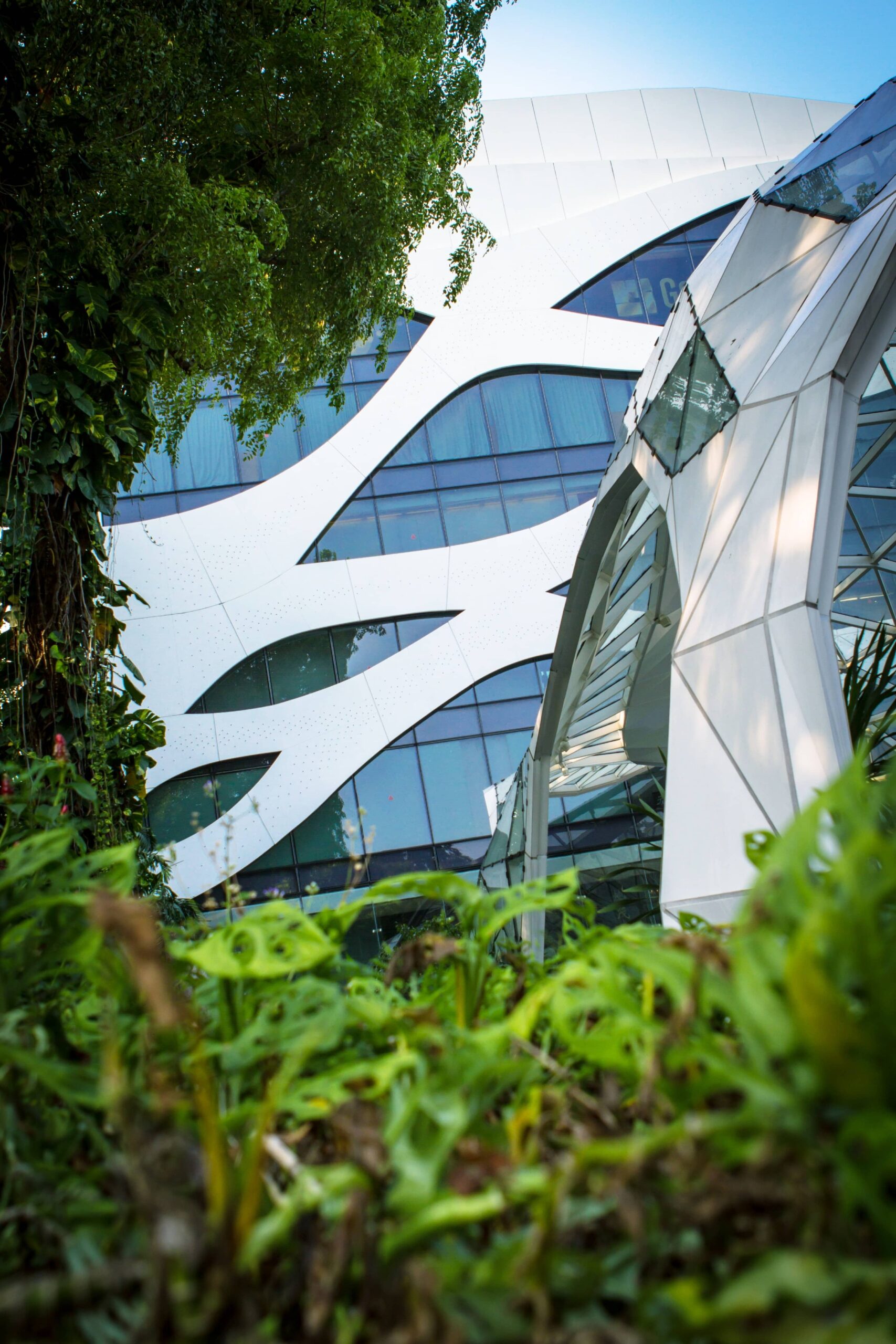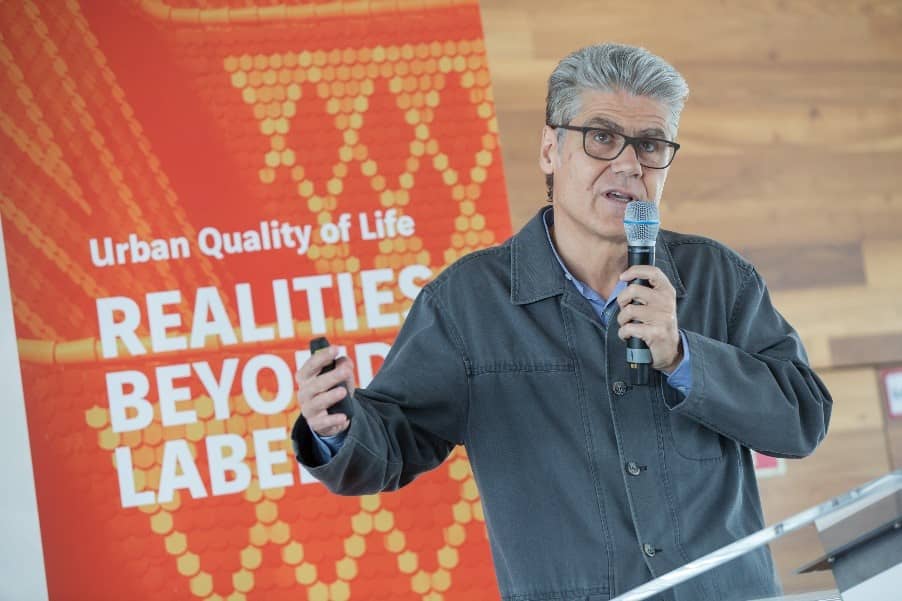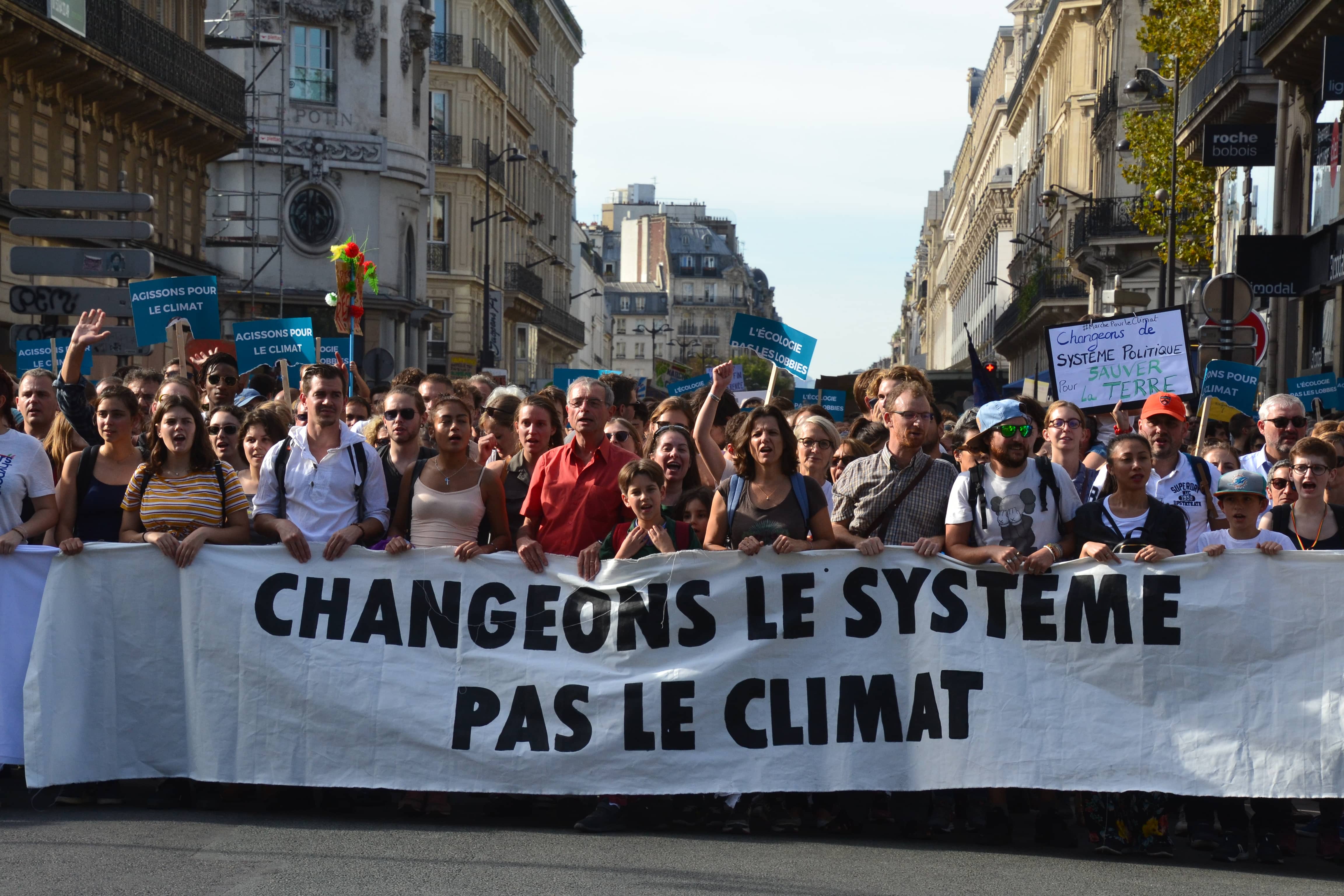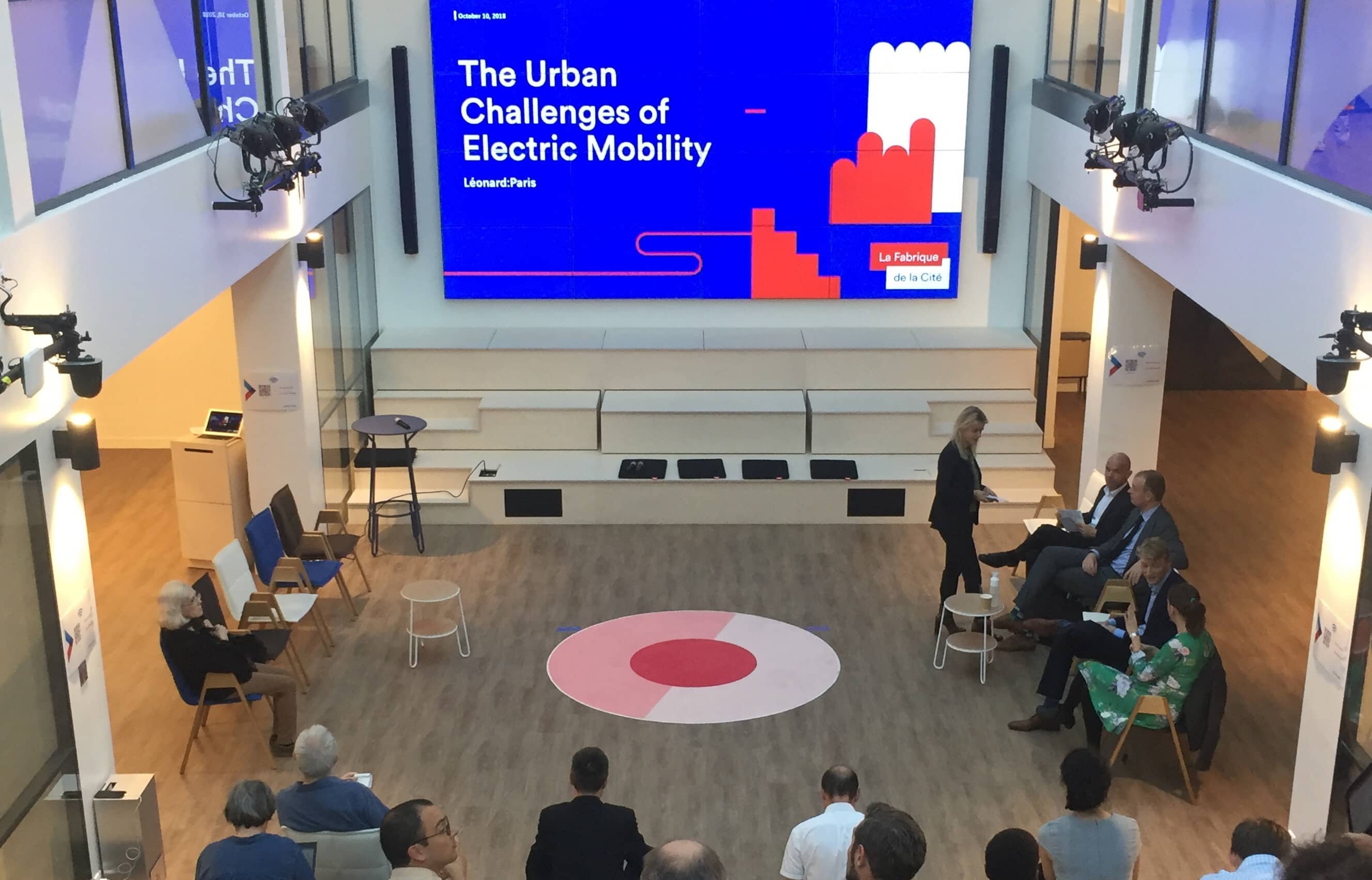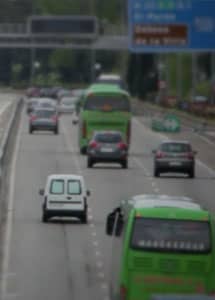

Cities: global actors in the ecological transition
In December 2015, 195 delegations present at COP21 entered into the Paris Agreement. Hitherto unprecedented in scale, the Agreement was only made possible by the role and active support of major cities, starting with Paris. At a time when a number of national governments are pulling away from environmental issues, more and more (very) large cities, who are feeling particularly responsible on the grounds of their demographic weight and emissions, are emerging as key players in the ecological transition. Cognizant of the spatial and political limits of their capacity for action, they are coming together in networks, forming a new diplomatic network that parallels the classical one. Are cities and metropolitan governments the relevant actors when it comes to the energy transition and the fight against global environmental and climate change?
La Fabrique de la Cité invited Silvia Marcon, Head of the Chair’s Office at C40, Cédissia About, Head of the Innovation and Sustainable Building Division of the City of Paris, and Alain Guillaume, Business Development and Marketing Manager at OMEXOM, a branch of the VINCI Energies group, to discuss the urban policies needed to trigger a true energy transition of contemporary economies and societies. Among the topics discussed, urban government’s margin for maneuver and ability to coordinate and act on a global scale, bypassing traditional state channels of international policies.

The battle against climate change will take place in cities
Despite the efforts made, environmental policies cannot be apprehended only on a local basis. The NIMBY (Not In My Backyard) phenomenon is now observed on larger scales: an urban environment that respects the Paris Agreement cannot be thought of solely on the scale of urban territories, without considering the relocation of polluting activities and the deferment of emissions to distant territories. In a necessarily systemic and multiscale approach, are cities properly equipped to carry out the ecological transition? For Silvia Marcon, they are above all a hub of innovation. Most resources transit through them, and they represent 78% of the world’s energy consumption: achieving energy transition in cities would mean winning the main battle against climate change.
As such, the ambition of C40, an international network of cities that includes 94 metropolises representing a total of 700 million inhabitants and a quarter of the world’s GDP, is to contribute to the implementation of the Paris Agreement by sharing information and best practices. To this end, the network organizes workshops on specific themes in order to establish action plans in the form of public statements. One of the most well-known results is the “Deadline 2020”, a roadmap to achieve the objectives of the Paris Agreement, that benefitted from strong city support.
But the ecological transition is not limited to either the scale of the state or that of the city, notes Cédissia About, of the City of Paris: every scale is relevant, from the neighborhood to the building. Large cities have a strategic role to play, as they are located on an intermediate scale of action that makes it possible for them to coordinate different levels of interlocutors. Paris has thus set up four major strategic plans: the climate plan, which promises carbon neutrality for its territory, with a major challenge on materials (the most polluting being concrete, steel, ceramics and glass); the biodiversity plan; the plan for the circular economy, with a zero waste objective by 2030 (the construction industry being the main emitter), and a 70% waste recovery objective as early as 2020; and the resilience strategy, which partly focuses on revegetation operations.
Electric mobility, a key element in the ecological transition of cities
“Companies are full-fledged urban actors in this fight”, says Alain Guillaume of OMEXOM, for whom urban electric mobility will also play a prominent role in the fight against climate change. The observation is simple: transport accounts for 25% of CO2 emissions, 75% of which come from road transport. In this context, electric vehicles could represent a sustainable and ecological solution. They are fast developing in France, with a fleet that has grown from 1 to 2.5 million vehicles in the span of two years. This growth will be stimulated in the coming years by public policies, and particularly urban policies: in Paris, the end of diesel is expected in 2024 and that of thermal power in 2030. However, this transition will only be possible through the efficient development of new infrastructure, notably the deployment of a 350 Kw network of electrical terminals allowing for rapid charging, and through major investments in the production system, to prevent bottlenecks and a failure to meet demand, as is the case in Sweden.
Finally, users have to be prepared so that the energy transition in the field of transport can be made in good conditions, especially regarding vehicle charging time: it only takes a few minutes for a combustion engine able to run for more than 1,000 km, compared with 1 hour and 40 minutes for a Renault Zoe that only has a 400-kilometer range. It is important to think about the development of charging infrastructures in homes and workplaces, to propose a package of services for future public charging stations spread throughout cities, and to anticipate exceptional traffic situations (and therefore charging demand) such as holidays. Induction roads would be an alternative to charging stations and would allow cars to recharge their batteries during journeys. This technique would reduce the size of batteries, therefore improving the carbon footprint of electric cars.
To achieve such objectives, the transition must also be the result of a consultation of all stakeholders, in a network of which the city must be a privileged link.
These other publications may also be of interest to you:

Lisbon beyond the Tagus
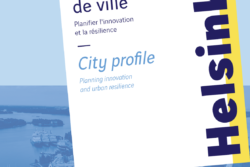
Helsinki : Planning innovation and urban resilience

A warm tomorrow

Nature in the city

Breathless Metropolises
La Fabrique de la Cité
La Fabrique de la Cité is a think tank dedicated to urban foresight, created by the VINCI group, its sponsor, in 2010. La Fabrique de la Cité acts as a forum where urban stakeholders, whether French or international, collaborate to bring forth new ways of building and rebuilding cities.
















